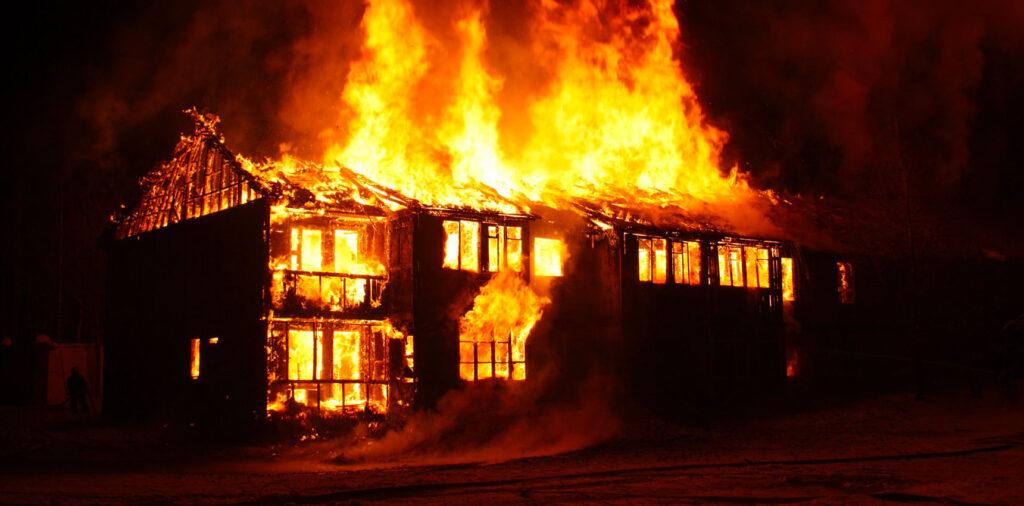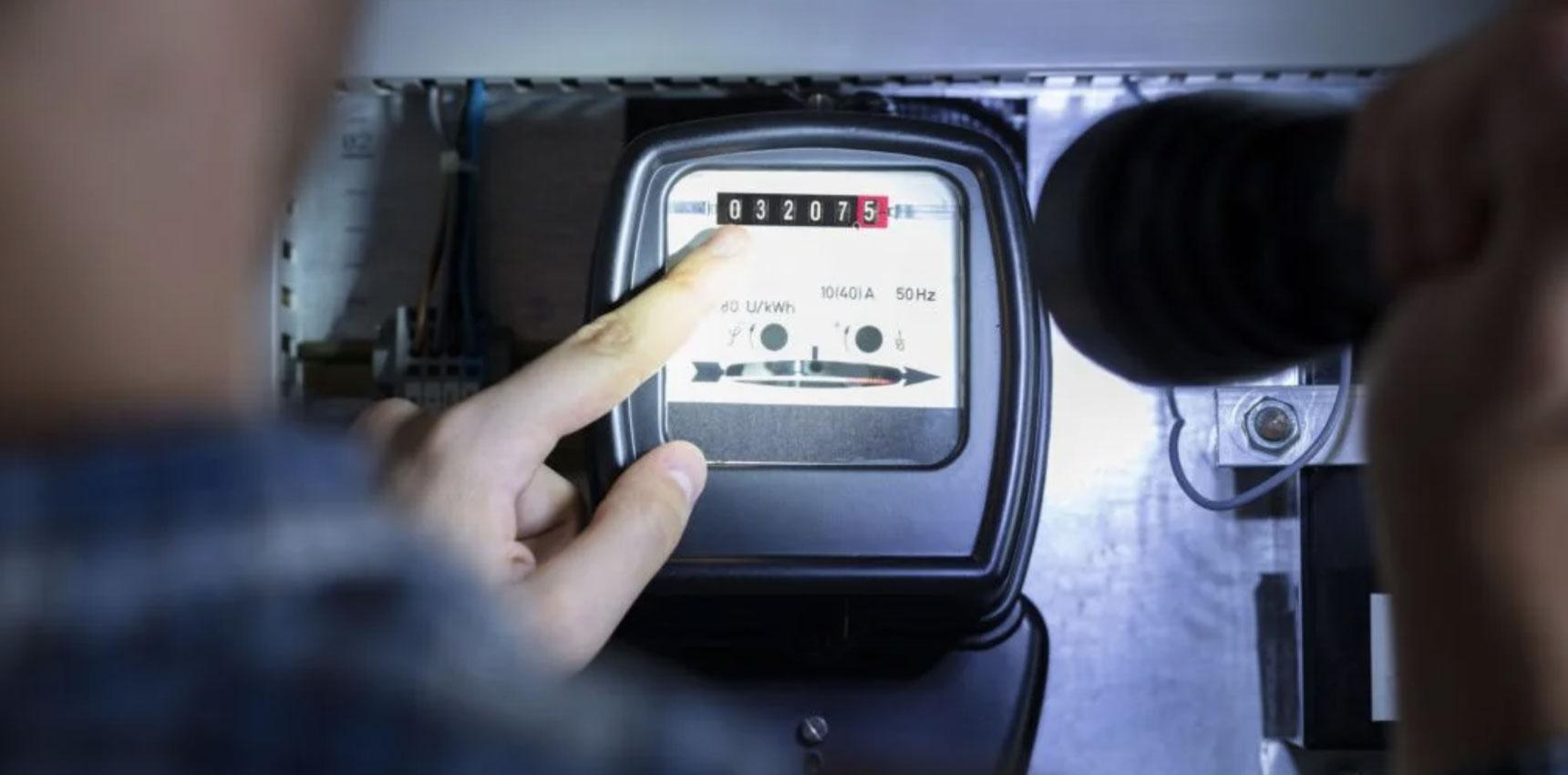Design and Compliance in Commercial Electrical Installations
Electrical Design should be the No 1 Priority for any electrical work under consideration, and proof that it has been designed needs to be at the forefront of any customer’s mind.
Electrical systems are critical components of modern society, and their design and installation are governed by a complex web of regulations and standards. In the United Kingdom, one of the key standards that govern the design and installation of electrical systems is BS 7671. This standard is unfortunately often abused or ignored by many people in the industry that pick and choose what they feel like observing. It sets out the minimum requirements for electrical installations in the UK. Failure to comply with it does have serious legal consequences for contractors and other parties involved in the installation process.
Standards and Regulations
Under the Electricity at Work Regulations 1989 (EAWR), employers and contractors have a legal obligation to ensure that electrical systems are designed, installed, and maintained safely. This means that they must comply with all relevant standards and regulations, including BS 7671, and ensure that the electrical system is safe for use by employees and the public. One of the most abused areas is the domestic market where so many people ignore the minimum standard of BS 7671.
There are 30 deaths and nearly 4000 injuries from accidents in the home caused by electricity each year. In the UK, according to Electrical Safety First – England, there are approximately 19,300 accidental fires of electrical origin each year. A considerable percentage of this number are electrical fires in dwellings: 14,186 (53.4% of all accidental house fires), yet people ignore electrical safety constantly and more often than not the decision is based on a low price.
Failure to comply has serious consequences
Failure to comply with these obligations results in serious legal consequences. In the most severe cases, contractors and other parties may face prosecution for breaching the EAWR or other relevant regulations. This can result in significant fines and even imprisonment, depending on the severity of the breach and the harm caused by the electrical system.
One example of a case where a contractor was prosecuted for breaching the EAWR and other regulations is the case of Eastern Power Networks PLC. In 2020, the company was fined £1.2 million after pleading guilty to breaching the Health and Safety at Work etc. Act 1974 and the Electricity at Work Regulations 1989. The company was found to have failed to properly maintain and inspect electrical equipment, resulting in a serious incident in which a member of the public was electrocuted.
Another example is the case of Rilmac Insulation Ltd, which was fined £2,000 in 2020 after pleading guilty to breaching the EAWR. The company had failed to properly isolate a live electrical system before carrying out work on it, therefore putting its employees at risk of electrocution.
And there are others, too numerous to mention in a short article, but not publicised enough to make people realise the gravity of these offences and their consequences.
Regulations must be taken seriously
Contractors and other parties involved in the installation and maintenance of electrical systems must take their legal obligations seriously and ensure that they comply with all relevant standards and regulations, including BS 7671. I hear so often contractors say that it is only a BS Code it’s not LAW they cry, yet they get prosecuted under HSWA1974 and EAWR 1989 for not complying with the minimum standard, you don’t get to pick and choose what you feel like complying with and one of the most fundamental is Design Reg 132 in BS 7671.
Failing to comply with the EAWR and other regulations can also have serious practical consequences. Electrical systems that do not meet the minimum standards set out in BS 7671 may be unsafe and pose a risk to employees and the public, let alone your loved ones in your homes. This can result in serious accidents, injuries, and even fatalities, as well as damage to property and equipment.
This also means your kitchen/bathroom fit-outs – so often overlooked as customers don’t understand the value in getting it done. No design calculations should equal no job – period.
Summary
In summing up, compliance with BS 7671 and other relevant regulations is a critical obligation for contractors and other parties involved in the installation and maintenance of electrical systems in the UK. Failure to comply with these obligations can have serious legal and practical consequences, including fines, imprisonment, and serious accidents or injuries. It is therefore essential that all parties involved in the design and installation of electrical systems take their legal obligations seriously and ensure that they comply with all relevant standards and regulations.
Written by: Raphael Magnus – IEng MIET, AQE, LCGI, NCRQ, MD. Safe Electric is a member of Peterborough Business Directory.





